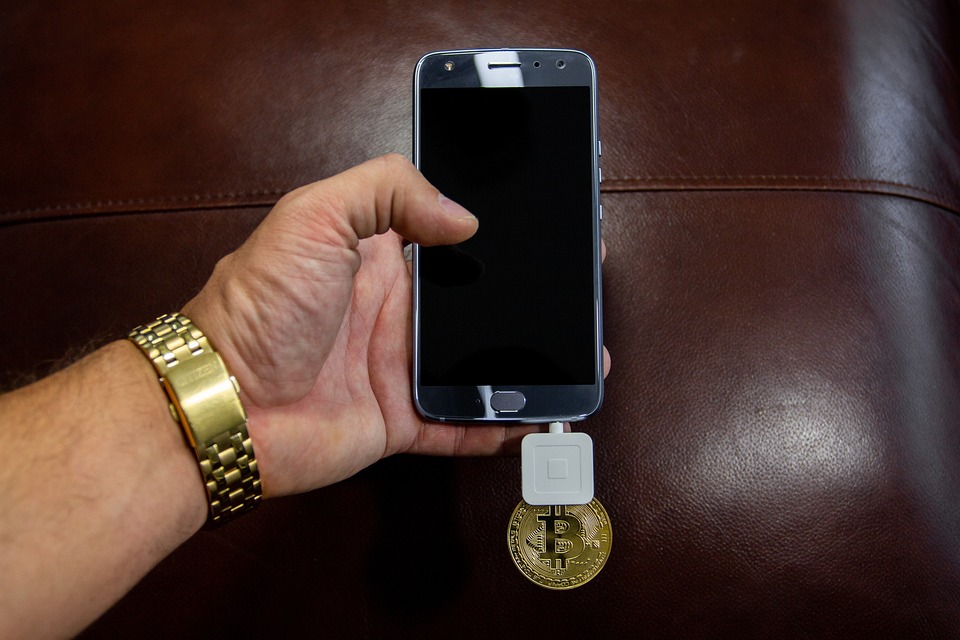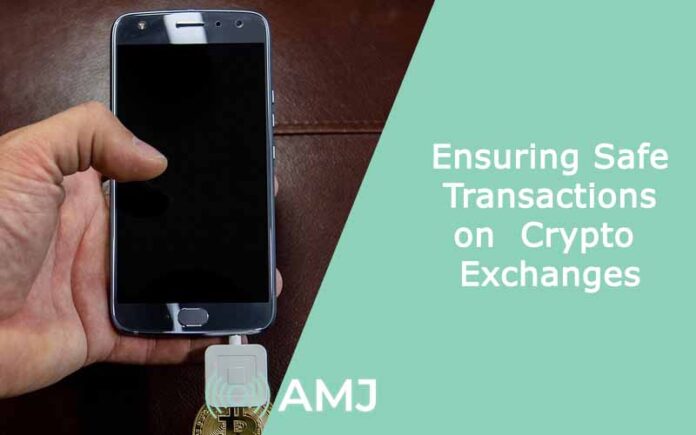
Image by WorldSpectrum from Pixabay
In buying and selling digital assets, security remains a major concern for traders and investors. Among the various security measures available, cold storage wallets stand out as a robust solution for safeguarding cryptocurrencies against threats. This article details the role of cold storage wallets and their importance in securing your digital assets on exchanges.
Contents
The Vulnerabilities of Exchanges
Crypto exchanges serve as a platform for buying, selling, and trading digital assets. While these exchanges offer convenience and liquidity, they also pose high security risks. Exchanges are major targets for hackers due to the high number of assets held in their hot wallets. Whether you buy Bitcoin or any other cryptocurrency, utilizing cold storage wallets ensures that you retain full control over your holdings, mitigating the risks of theft or hacking incidents.
What is Cold Storage?
A cold storage refers to keeping cryptocurrencies offline, away from internet-connected devices, thereby reducing the risk of unauthorized access by hackers. Unlike hot wallets which are connected to the internet, cold storage provides an added layer of security by storing private keys offline. As a user, you can transfer your funds from an exchange to cold storage wallets.
Types of Cold Storage Wallets
Cold storage wallets come in various forms, each offering unique features and security.
- Hardware wallets: Hardware wallets are physical devices designed specifically for storing cryptocurrencies offline. These devices often resemble USB drives and are equipped with secure elements to protect keys. Examples include Ledger Nano S, Trezor, and Keepkey.
- Paper wallets: A paper wallet is a paper that is used in the crypto market. These wallets have private and public keys printed on them. They allow investors and traders to access and store their digital assets offline. While paper wallets are immune to online hacking, they require to be handled with care to prevent physical damage or loss.
- Offline software wallets: These wallets are also known as cold wallets or air-gapped wallets. They are software applications installed on offline devices such as computers or smartphones. Transactions are prepared offline and then broadcasted to the blockchain network via a separate online device.
Best Practices for Using Cold Storage Wallets
Cold storage wallets offer enhanced security. However, it is crucial to follow best practices to maximize their effectiveness. Below are a few things you can do to secure your cold storage wallet:
- Secure storage: Store your cold storage wallets in a safe and secure location away from hazards such as fire, water, or theft.
- Back up your wallet: Create multiple backups of your wallet’s seed phrase or private keys and store them in a separate, secure location.
- Regular updates: Keep your hardware wallet’s firmware and software up to date to ensure protection against vulnerabilities.
- Exercise caution: Be cautious when handling your cold storage wallet, especially when generating or entering private keys. Avoid sharing sensitive information with unauthorized parties.
Endnote
Cold storage wallets play a crucial role in securing your digital assets when stored on exchanges. As the cryptocurrency ecosystem continues to evolve, prioritizing security measures such as cold storage becomes imperative for safeguarding against potential risks and vulnerabilities.












![Index of Money Heist [Season 1, 2, 3 & 4 – All Episodes, Cast and Plot] Index of Money Heist](https://www.asiamediajournal.com/wp-content/uploads/2021/05/Index-of-Money-Heist-3-100x70.jpg)